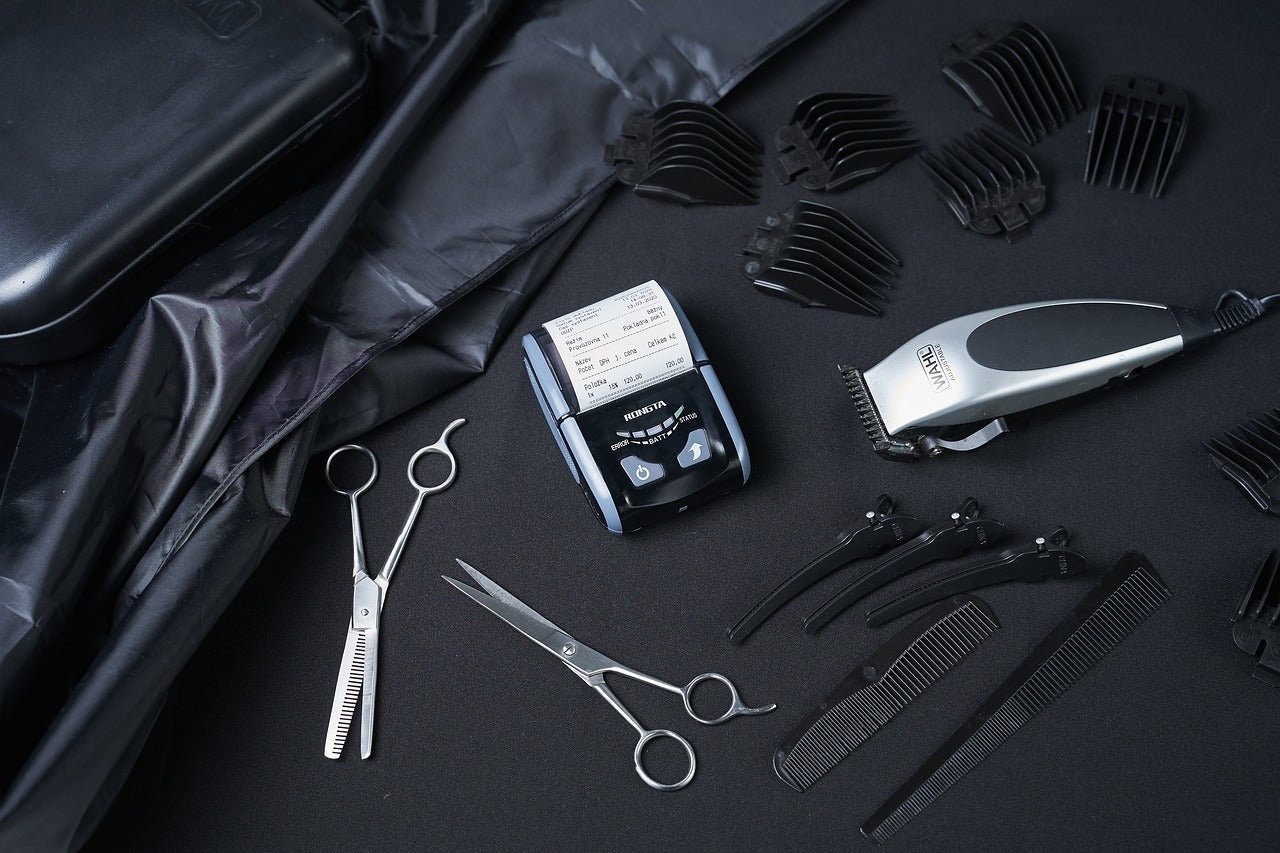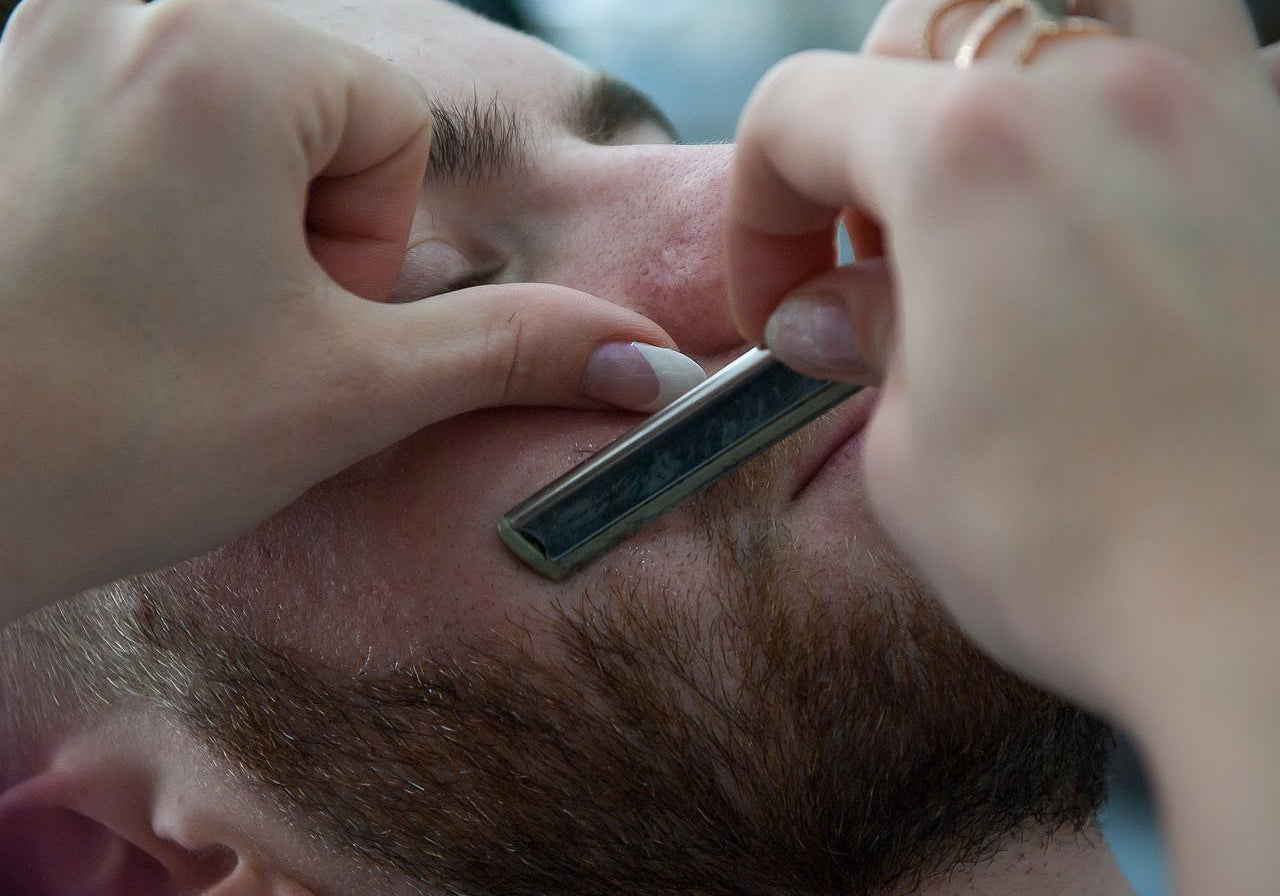Using a foil shaver for the first time? You might be feeling a mix of excitement and uncertainty about how to properly use it. Foil shavers are well-known for their efficiency and precision, but without proper technique and knowledge, you might end up with uneven patches, skin irritation, or even potential damage to your hair follicles. Different hair types and textures require different methods to achieve a smooth and comfortable shave. Knowing how to adjust your shaving technique to your specific hair type can make all the difference.
In this guide, we’ll explore essential tips and strategies on how to enhance grooming with foil shavers and mastering the correct technique. Let’s get started:
How Foil Shavers Work on Different Hair Types
When thinking of Why should you invest in a high-quality foil shaver, a prominent question that crosses our minds is which one would work best on our hair type? To answer this query of yours, let's learn how foil shavers work on different hair types.
Different Hair Types
Straight Hair
Foil shavers work really well for straight hair because straight hair grows evenly and in the same direction. The design of the foil shaver makes it quick and easy to capture the hair. Plus, the straight alignment of the hair helps the blades cut precisely, so you get a close and smooth shave without much effort.
Curly Hair
If you have curly hair, it can be challenging to shave with foil shavers. This is because curly hair tends to grow in different directions, and the foil can struggle to capture all the curls. People with curly hair might need to go over the same area multiple times and adjust their technique to get a smooth shave.
Wavy Hair
When it comes to wavy hair, foil shavers utilize their flexible foils and powerful motors to handle the natural curves and bends of the hair. The wavy nature of the hair can pose a challenge, as the strands do not lie flat and may grow in different directions. Foil shavers move and flex with the contours of the hair to ensure that even the irregularly shaped hairs are captured and cut effectively.
Different Hair Densities
Thin to Medium Hair Density
Foil shavers work well with fine hair because the thin foil can easily lift and guide delicate hairs toward the blades underneath. Whereas, medium hair may require slightly more effort compared to fine hair, as it is thicker and may not cut as effortlessly.
For thin hair, use a gentle motor and an ultra-thin foil shaver; for medium hair, use moderate motor power and flexible foils to minimize the number of passes required for a proper shave.
Coarse to Thick Hair Density
High-quality foil shavers with strong motors and sharp blades are particularly effective for managing coarse and thick hair. Coarse hair presents a greater challenge for foil shavers due to its thickness and resistance. They need to put in extra effort to lift and cut these stubborn hairs, which can cause more pulling or tugging.
Thick hair on the other side is wider and rougher, usually giving a fuller look and dense coverage over the scalp or face. Shaving thick hair needs more power and effort from the shaver, often requiring a no. of passes for an appropriate shave. If not done correctly, it might lead to patchiness and increased pressure and friction, causing skin irritation and sensitivity.
Professionals Guide To Use Foil Shavers Efficiently
Check out this detailed guide on how to use a foil electric shaver for a close, comfy, and effective shave. :
Preparation
- Clean Your Face:
Start by washing your face with warm water and a gentle cleanser to remove any dirt, oil, and dead skin cells, and dry it with a towel.
- Apply Pre-Shave Product (Optional):
If your shaver’s instructions recommend it, use a pre-shave lotion or powder to lift hairs and reduce friction for a smoother shave.
Shaving Technique
Get your foil shaver ready by pressing the on/off button. Make sure it's fully charged or plugged in if it's not cordless. Now, hold the shaver at a 90-degree angle to your skin and position the shaver's blades, ensuring that the foil is in full contact with your face.
- Shave in Small, Controlled Strokes:
When you're shaving, move the shaver in short, circular, or back-and-forth motions. Make sure not to press too hard, just let the shaver's blades do the work. Shaving against the direction of hair growth can help you get a closer shave, but be careful if you have sensitive skin.
- Follow the Natural Contours of Your Face:
Always pay attention to the jawline and chin areas and adjust the angle and direction of the shaver to accommodate these contours for a more detailed shave.
- Revisit Problem Areas:
For areas where you may have missed spots or where the hair is denser, make additional passes. But, avoid excessive shaving over the same areas to prevent irritation.
Aftercare
- Rinse Your Face:
Once you’ve finished shaving, rinse your face with cool water to close the pores and refresh your skin.
- Apply Aftershave:
To soothe the skin and reduce any potential irritation, use a gentle aftershave balm or moisturizer. And go for a product that is alcohol-free to avoid dryness.
- Clean the Shaver:
Clean the shaver after use as per the manufacturer’s instructions with a cleaning brush or wash under water.
- Store the Shaver Properly:
Want to know How to maintain your foil shaver? Simply store your foil shaver in a dry place for optimal performance and hygiene. If it comes with a protective cover, use it to keep the foil and blades from damage.





















